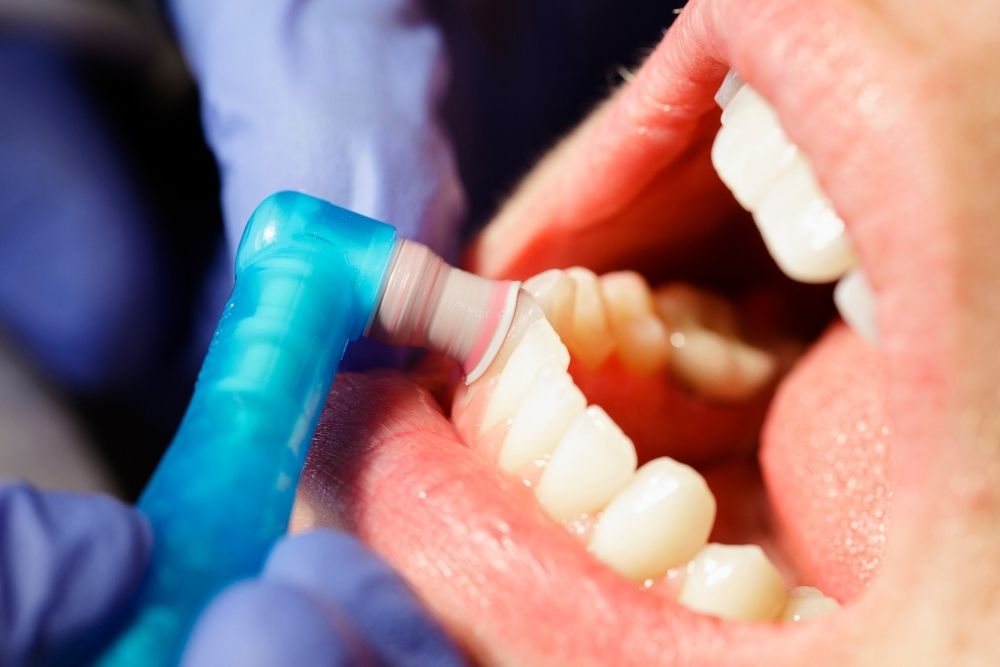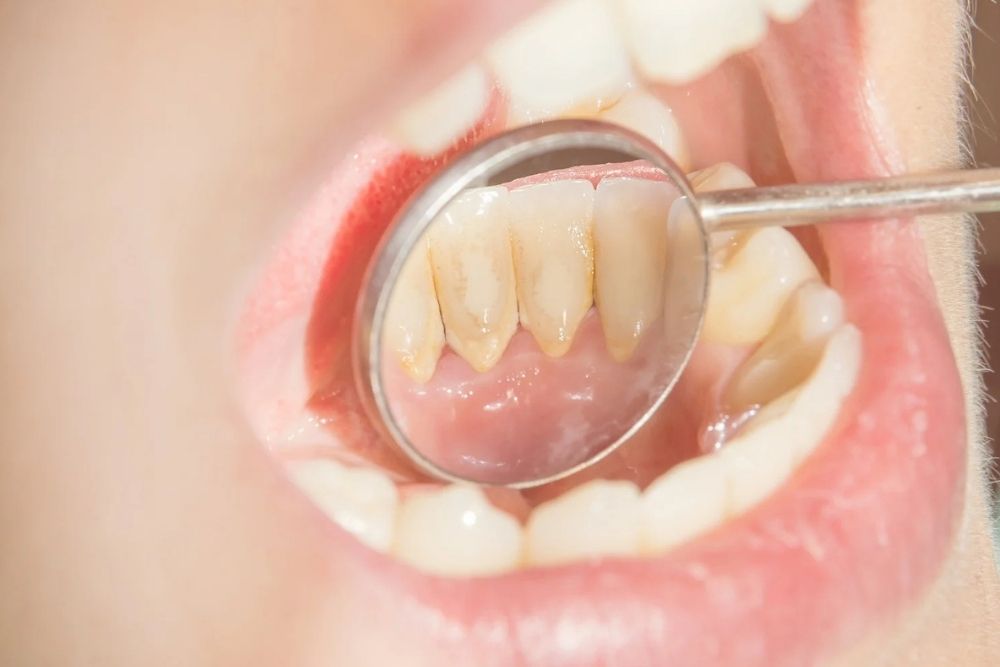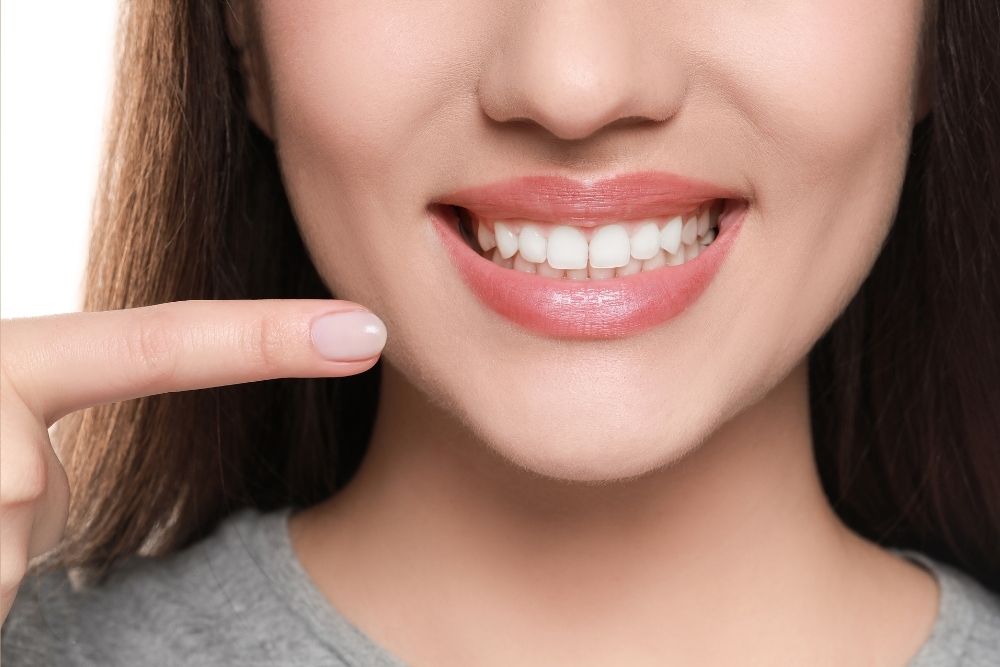Dental
Scaling and Polishing
Scaling and polishing are two common dental procedures used to maintain good oral health and hygiene. Both are performed by dental professionals, as part of routine dental check-ups and cleanings. Let’s break down each procedure
Why Hair O Craft ?
Hair transplant experts since 2006
Expert doctors & certified professionals
Completed more than 30000+
Winner of Asianet Excellence Award
Scaling
Scaling is a dental procedure that involves the removal of dental plaque, tartar (calculus), and stains from the surfaces of the teeth. Plaque is a soft, sticky film that forms on the teeth due to the accumulation of bacteria, food particles, and saliva. If plaque is not adequately removed through regular brushing and flossing, it can harden and become tartar, which is much more challenging to remove and can contribute to gum disease and tooth decay.
During scaling, the dental professional uses specialized dental instruments, such as scalers and curettes, to carefully remove the plaque and tartar from the tooth surfaces, including areas below the gumline (subgingival scaling). This process helps to prevent or treat gum disease and promotes healthier gums and teeth.


Polishing
After scaling, the dental professional performs tooth polishing. Polishing is done using a soft rubber cup or a brush-like tool attached to a dental handpiece. A special dental polishing paste is applied to the teeth, and the dental professional gently moves the polishing tool across the tooth surfaces to remove any remaining stainsPolishing not only helps to improve the appearance of teeth by removing superficial stains (e.g., from coffee, tea, tobacco) but also makes it harder for plaque to accumulate on the smooth and polished tooth surfaces. The procedure leaves the teeth feeling smoother and looking brighter.
What is the difference between teeth whitening & teeth scaling & polishing?
Teeth whitening is a cosmetic dental procedure designed to lighten the colour of the teeth and improve their appearance. It is commonly sought after by individuals who have teeth that are discoloured or stained due to various factors such as age, certain foods and drinks (like coffee, tea, red wine), tobacco use, or poor oral hygiene. Teeth whitening is not a preventive measure to remove plaque and tartar; instead, it focuses solely on enhancing the aesthetics of the teeth.
Teeth whitening is a cosmetic dental procedure designed to lighten the colour of the teeth and improve their appearance. It is commonly sought after by individuals who have teeth that are discoloured or stained due to various factors such as age, certain foods and drinks (like coffee, tea, red wine), tobacco use, or poor oral hygiene. Teeth whitening is not a preventive measure to remove plaque and tartar; instead, it focuses solely on enhancing the aesthetics of the teeth.
Why do you need to do tooth scaling & polishing?
Tooth scaling and polishing are necessary dental procedures that serve important purposes in maintaining good oral health. Here are the reasons why they are needed.

Removal of Plaque and Tartar
If plaque is not adequately removed an ideal environment for harmful bacteria to thrive. Tooth scaling effectively removes both plaque and tartar, reducing the risk of tooth decay and gum disease.
Prevention of Gum Disease
Plaque and tartar can irritate and inflame the gum tissues. Regular tooth scaling helps prevent and control gum disease by eliminating the source of infection and reducing gum inflammation.


Improved Oral Hygiene
Even with regular brushing and flossing, some areas of the mouth can be difficult to clean effectively. Scaling reaches areas that may be missed during regular home care, such as below the gumline and between teeth.

Frequently Asking Questions
Let us help
Don’t let your appearance hold you back! We offer services to improve your Hair, Skin, and Dental health. From restoring thinning hair and rejuvenating your skin to lightening your skin tone and enhancing your smile, we’ve got you covered. Look and feel your best with our expert treatments!

